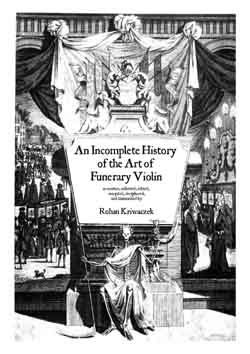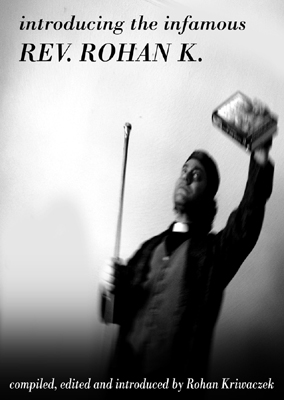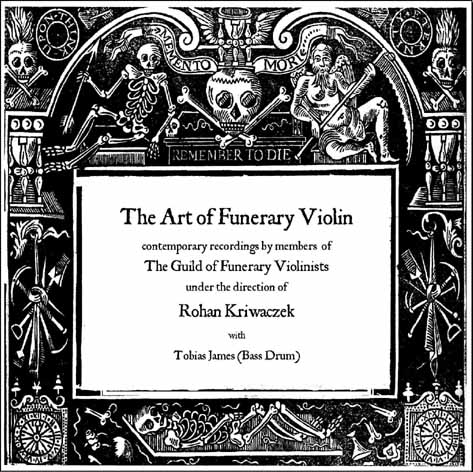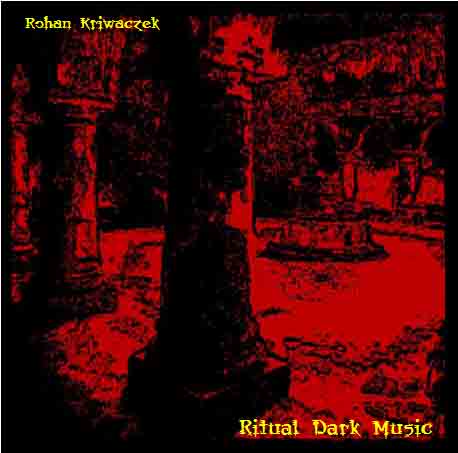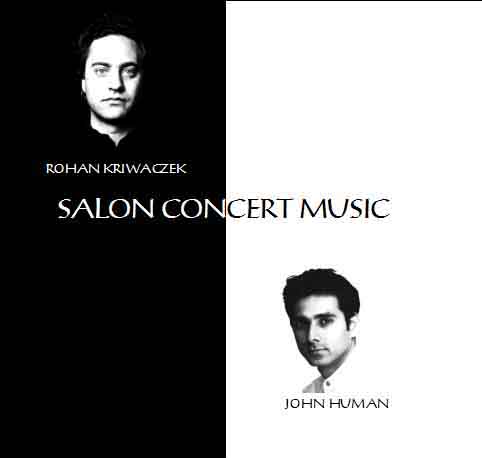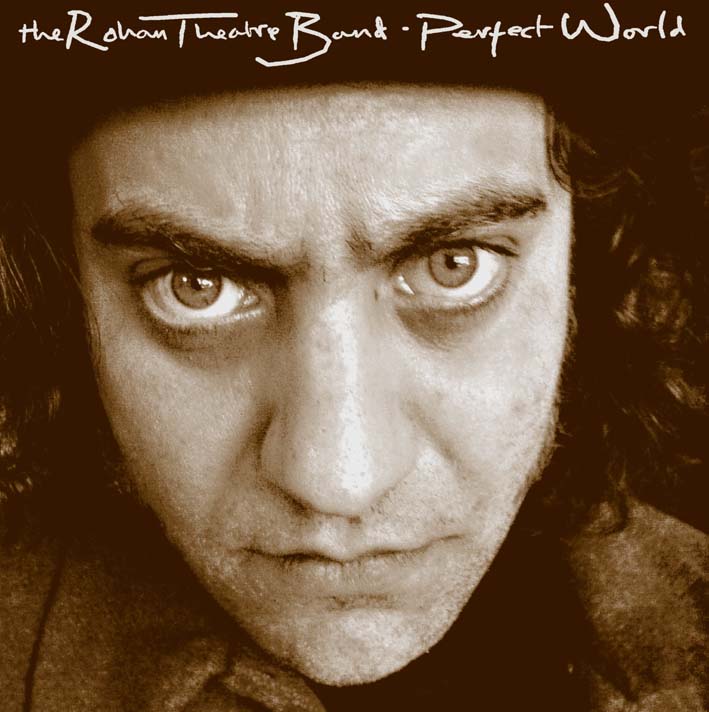to download this article as an ebook click here
page 6 of 7
March 30th 1790.
Oh how I hate boats! So many men in so small a space can hardly be healthy, and after only 2 days the stink was unendurable. My relief upon arrival was immense, and further exaggerated by the most comfortable lodgings they have provided my in the Mayor’s own home. And Brandy! I haven’t tasted proper French Brandy in many years, and knowing me to have a continental bent they have given me a whole bottle! Together with a splendid half ham!
The ceremony is planned for tomorrow afternoon. I am somewhat perplexed as to how it will proceed, since the Dead will not be present, and fear it will take all of my powers of focus, theatre and intensity to maintain the Spirit, but I do have something special planned. I have told them to bring 12 coffins filled with consecrated soil, so that I might at least have something at which to aim my playing. I also emphasized the importance of the boxes being filled not just symbolically but literally as otherwise they wouldn’t sink to bottom where the bodies lie, but merely float away. At the culmination we shall offer the coffins to the sea, thus providing the dead with a representation of burial in consecrated ground, and, together with my own magical protection from the other world, they should all be suitably reassured, and my own status as prophet of the Art shall be assured! I am sure Herr Gratchenfleiss would approve. I still do not know if their priest will be present, though I hope him not to be. Priests and boats do not mix well, and these people are basically pagans. Success lies in harnessing their Old beliefs and a priest might make for further difficulties.
I should sleep well tonight, as the bed is the best I have been offered in years, and the covers are stuffed with real duck-down.
March 31st 1790.
A truly historic day, though not without considerable difficulties along the way. Thankfully we were blessed with calm seas, clear skies, and high tides, all of which much aided our effort, indeed, I am not sure we would have been able to proceed at all had it not been so. I must admit that I had not fully considered the weight of the 12 coffins; nor indeed the space they would take up, and almost contemplated reinventing my plans when I saw the boat, which was so heavily laden it had sunk uncomfortably low in the water. One fortunate result of this overloading was that there was no room for their priest, Abrahamus Erici, (I do find these Latinised names rather ridiculous) who had intended to be present. As it was there was only the space for eight men, and, much to my relief, they were chosen for their seamanship and strength at rowing. Since all of the dead were from only two families there were three representatives of each, together with myself and the mayor, who, unusually for these Northern folks, wore a bob-wig of the English style, un-powdered and mostly undressed: I imagine this was intended to impress me. Sjöblom seemed content to stay ashore and enjoy the popularity and status accorded to him through his association with me.
It took around half an hour to reach the mouth of the fjord where the wreck was thought to have occurred, and the great weight of the coffins made the boat feel more than little unwieldy: by the time we arrived the water was a full two inches deep underfoot. Fortunately they had erected a small stage for me in the bow of the boat, with a raised canopy to protect from the elements, which proved invaluable as the low height above the water led to much splashing. The place of the wreck itself was not without its own austere beauty. To seaward left two great pillars of rock rose up out of the deep like the towers of some ancient cathedral long since drowned, and all about high cliffs fell without compromise in what can only be described as a bold confrontation between land and sea. In the few places where the rocks stepped less steeply from the water could be seen great dark lolling shapes whose eyes glinted in the low light of the sun. What manner of seal they were could not be told from such a distance but it was easy to see how these peasant sailors could mistake them for the souls of drowned men or other magical spirit beasts. As we approached the great pillars they slowly lumbered off the rocks one by one, and were gone. What was strangest of all was the extraordinary sound made by the wind, gentle as it was, as it echoed around the great stacks of rock, like the low moaning of the draugs they feared their own drowned brethren might become. The place was full of atmosphere, made all the more potent by the distant watery light of late winter.
Once all were satisfied that we had found the correct place of the wreck, they dropped the anchor: four torches were lit to symbolise the boundaries of our symbolic consecration: and it was time for me to play my part. As soon as I put bow to string I noticed that the wind’s mournful drone was pitched on the note G, a truly propitious omen for, as the Master himself said “G minor is the key most beloved of the Spirit of Death” and it made for an eerie though harmonious accompaniment to my opening dirges. As I played I began to notice many eyes watching me from within the water, reflecting the light of the torches, initially filling me with a mild form of horror until I realised that it was the seals, curious about what I imagine they must have thought were truly extraordinary sounds that I was making – for I can be certain that they had never before heard the music of Herr Gratchenfleiss. I noticed too that the peasants were much more uneasy at this sight than I, and assumed they took it as a sign of the magic I was conjuring. I opened with “The Misbegotten Charm of Death”, and followed with “The sombre Coquetry of Death” and “The Unquenchable Thirst of Death”. There having been no procession I had decided to leave any marches or processionals until after the final mock burial of the coffins, for theatre’s sake, and continued with the plaintive “Unknowable Vision of Death”. I concluded the opening part of the ceremony with the wonderful “Dizzy Flight of Death” before commanding the men to cast the coffins into the sea with as much drama and consequence as I could muster. Then, somewhat to my own surprise, I was moved by the moment to cry out to the sky, invoking Geirröður, and, further caught up in the spirit of the role I was enacting, demanded that he and all his subjects in the magical realm consider this place to be Sacred to Men and therefore beyond their reach. At the end of this unexpected though masterful display of theatrical brilliance I launched into a truly ferocious performance of “The Fleeting Panic of Death” and, upon my conclusion, declared that the souls of the dead were now safe from all forms of unnatural magic. By then the seals had had their fill of the music and departed further demonstrating the success of my performance to the peasants, who now seemed at ease and greatly impressed by my formidable powers as an Artist. As we set off back to Tromse I played a selection of the Masters marches and processionals until the wharf was in sight, at which point I placed my violin back in its box and stood in silent majesty on my stage, in the bow of the boat, looking every bit the part. I am certain that this performance will go down in the History of Funerary Violin as a major evolution of the Art, and should guarantee my place alongside Gratchenfleiss as one of its foremost exponents. I cannot help but pray for another great storm to come soon, as there are many things I might do slightly differently next time, but, for all of that, I am content that I have served this town well, and am in no doubt that my services shall be called upon again many times in the future.
*****
|


